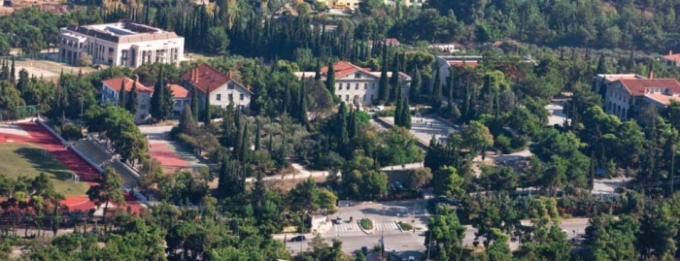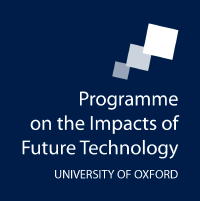PT-AI Conference, Thessaloniki, 3 & 4 October 2011
Publications are out!
The papers in our special volume of Minds and Machines (May 2012: 22/2) and the Springer volume have been published (Sept. 2012, © 2013, 415pp). The Springer volume alone has ca. 15.000 downloads per year.
Congratulations to all the authors who made it through the two review stages! Tables of content for both volumes on V.C. Müller's pages - www.sophia.de
Aims and Scope
The theory and philosophy of artificial intelligence has come to a crucial point where the agenda for the forthcoming years is in the air - this conference will try to set that agenda and to gather many of the key players.

Artificial Intelligence is perhaps unique among engineering subjects in that it has raised very basic questions about the nature of computing, perception, reasoning, learning, language, action, interaction, consciousness, humankind, life etc. etc. - and at the same time it has contributed substantially to answering these questions (in fact, it is sometimes seen as a form of empirical research). There is thus a substantial tradition of work, both on AI by philosophers and of theory within AI itself.
The classical theoretical debates have centered around the issues whether AI is possible at all (often put as “Can machines think?") or whether it can solve certain problems (“Can a machine do x?”). In the meantime, technical AI systems have progressed massively and are now present in many aspects of our environment. Despite this development, there is a sense that classical AI is inherently limited, and must be replaced by (or supplanted with) other methods, especially neural networks, embodied cognitive science, statistical methods, universal algorithms, emergence, behavioral robotics, interactive systems, dynamical systems, living and evolution, insights from biology & neuroscience, hybrid neuro-computational systems, etc. etc. We are now at a stage, where we can take a fresh look at the many theoretical and philosophical problems of AI, including social and ethical issues - and at the same time shed light on philosophical problems from AI. This must be a joint effort with people from various backgrounds, but it must centrally involve AI researchers.
Organisation
Vincent C. Müller, Anatolia College/ACT & University of Oxford
Invited Keynote Speakers
Hubert Dreyfus, University of California at Berkeley
James H. Moor, Dartmouth College
Rolf Pfeifer, Zurich University
Invited speakers:
Publication
Invited papers will be published in a double issue of the journal Minds and Machines. An edited book with papers from the conference will be with Springer Verlag in the SAPERE series. Both publications will be out early 2012. (For details, see the publication page.)
The conference intends to set the foundations for an international association "PT-AI" that will further work in the field, organize events, etc.
We welcome experts in the field from philosophy and from AI as well as new and upcoming scholars who will shape the field in the decades to come.
Programme Committee
--- This conference is dedicated to the memory of John Haugeland who remains an inspiration to us all ---
We are grateful for sponsoring from:
Programme on the Impacts of Future Technology, University of Oxford:

PT-AI is academically sponsored by:
Association for the Advancement of Artificial Intelligence (AAAI):

International Association of Philosophy and Computing (IA-CAP):

Asscociation for Computing Machinery, Special Interest Group 'Artificial Intelligence' (ACM-SIGART):
 &
& 
European Coordinating Committee for Artificial Intelligence (ECCAI):

